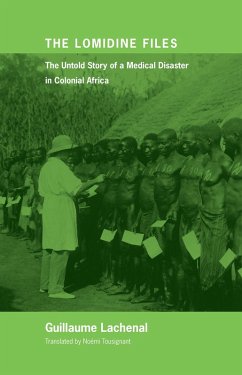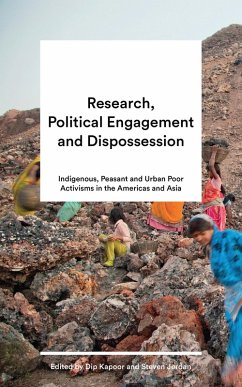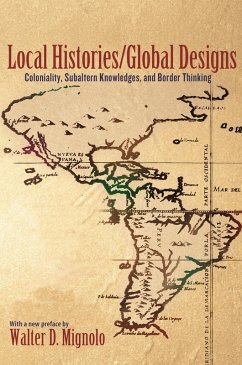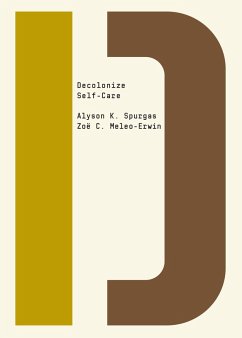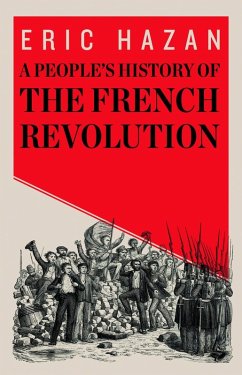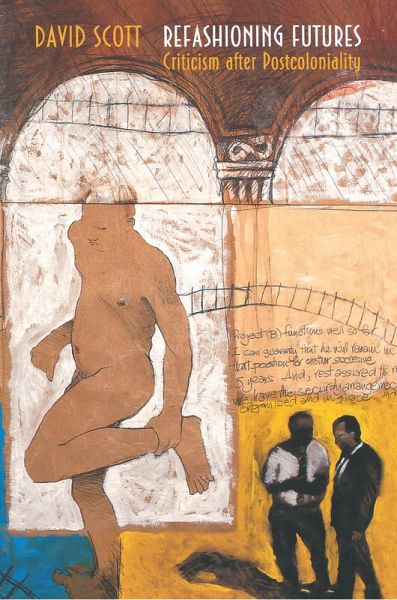
Refashioning Futures (eBook, ePUB)
Criticism after Postcoloniality
Versandkostenfrei!
Sofort per Download lieferbar
37,95 €
inkl. MwSt.
Weitere Ausgaben:

PAYBACK Punkte
19 °P sammeln!
How can we best forge a theoretical practice that directly addresses the struggles of once-colonized countries, many of which face the collapse of both state and society in today's era of economic reform? David Scott argues that recent cultural theories aimed at "deconstructing" Western representations of the non-West have been successful to a point, but that changing realities in these countries require a new approach. In Refashioning Futures, he proposes a strategic practice of criticism that brings the political more clearly into view in areas of the world where the very coherence of a secu...
How can we best forge a theoretical practice that directly addresses the struggles of once-colonized countries, many of which face the collapse of both state and society in today's era of economic reform? David Scott argues that recent cultural theories aimed at "deconstructing" Western representations of the non-West have been successful to a point, but that changing realities in these countries require a new approach. In Refashioning Futures, he proposes a strategic practice of criticism that brings the political more clearly into view in areas of the world where the very coherence of a secular-modern project can no longer be taken for granted.
Through a series of linked essays on culture and politics in his native Jamaica and in Sri Lanka, the site of his long scholarly involvement, Scott examines the ways in which modernity inserted itself into and altered the lives of the colonized. The institutional procedures encoded in these modern postcolonial states and their legal systems come under scrutiny, as do our contemporary languages of the political. Scott demonstrates that modern concepts of political representation, community, rights, justice, obligation, and the common good do not apply universally and require reconsideration. His ultimate goal is to describe the modern colonial past in a way that enables us to appreciate more deeply the contours of our historical present and that enlarges the possibility of reshaping it.
Through a series of linked essays on culture and politics in his native Jamaica and in Sri Lanka, the site of his long scholarly involvement, Scott examines the ways in which modernity inserted itself into and altered the lives of the colonized. The institutional procedures encoded in these modern postcolonial states and their legal systems come under scrutiny, as do our contemporary languages of the political. Scott demonstrates that modern concepts of political representation, community, rights, justice, obligation, and the common good do not apply universally and require reconsideration. His ultimate goal is to describe the modern colonial past in a way that enables us to appreciate more deeply the contours of our historical present and that enlarges the possibility of reshaping it.






